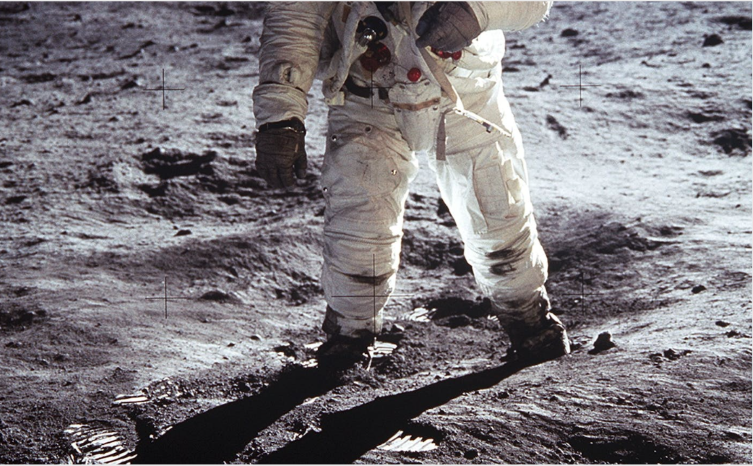In what language do astronauts communicate on the ISS?

Really, what language is spoken up there? There are some rules and agreements about it, but those rules are not very strict and are more a product of current circumstances.
First of all, various languages are heard on the Station, depending on the native language of the crew members.
Japanese certainly speak Japanese, Russians Russian, Italians Italian, etc.
As you probably expect, English is heard most often. In some documents it can be read that English is also the official language of the Station, but it seems that this is only a recommendation. This is a practice established to overcome language barriers, as crew members are from different countries with different language backgrounds.
In any case, it is very useful that everyone knows both English and Russian, so the astronauts of both Russia and the USA try to know both languages. This is especially true since 2011, when America retired the shuttles, which, as you know, it used to send its astronauts into space.
Then the USA made an agreement with Russia on the use of Russian aircraft to transport American astronauts to the Station. It is logical that from then on, all passengers to the ISS had to learn the Russian language because all commands and controls in Russian spacecraft were in Russian.

But, of course, English was still used at the Station itself for communication between astronauts from different countries.
Today, American astronauts fly to the Station in their spacecraft – but they still learn Russian. Why? And still because of better and more equal communication with Russian colleagues, but also because the “rescue” ship to the Station is a Russian Soyuz and all commands and controls are still in it, logically in Russian.
To conclude, given the long-standing cooperation between Russia and the United States of America in space programs, both the English as well as the Russian language has become the standard for international communication in space.
Want to read more about the universe? Visit our blog!

